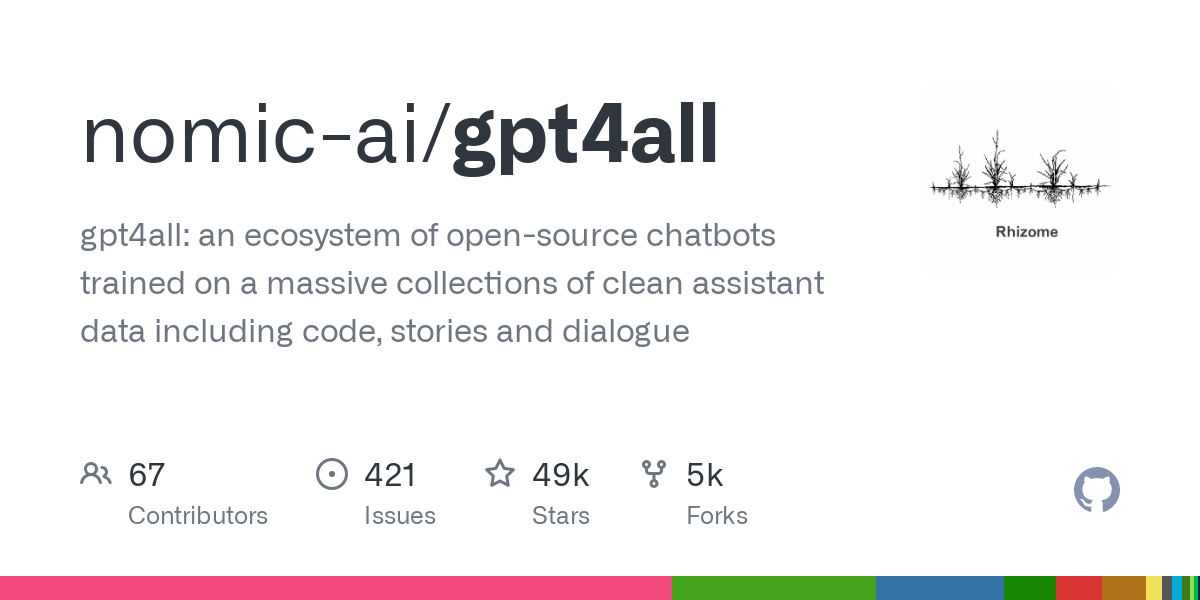

Out of college I did not work at a start-up but instead got a job at a “big, stable” corp. I got the following advice from the older engineers at big, stable corp. Some of those engineers are my personal friends 7 years later.
“Why work here where it’s slow and stable? You’re young, go take some risks, earn money, and most importantly get experience under your belt. Then come back with experience and coast. Your compensation grows slowly here so might as well come in with experience and start with a high salary. Also, everything is slow here, your peers at fast paced companies will out pace you.”
That was some of the truest shit I’ve ever heard. I’ve since left big,stable corp and am working at a company who was a start-up but opted to grow instead of being bought out. I am working on a family so cannot afford the risks of a start-up.
Yes, I work many more hours but the pay is way better and in the last 1 year I’ve learned more than i’ve learned at big,stable corp. There is just much less process and red tape and we are more hands on and wear many hats. At times this is exhausting but I find comfort that if I were to lose my job, I have tangible experience to get hired again where as at Big,stable I was picking up skills how to do reviews on processes and techniques unique to the company.




















Recently I used Google maps to search for the nearest DHL near me so I could return a package. DHL is not that popular near me and when I specifically typed for DHL, I would get only their competitors in the search results.
There was a DHL service center near me and I had to scroll a bunch to find it. Oh, and apparently big box stores (or anyone) can pay Google to come up in the search on maps, even if unrelated.
I don’t think they have skin the in shipping game but their algorithms are over optimized that they don’t even show what your searching for, but trying to infer why you’re searching for it. That or whoever pays them more. Certainly a search risk